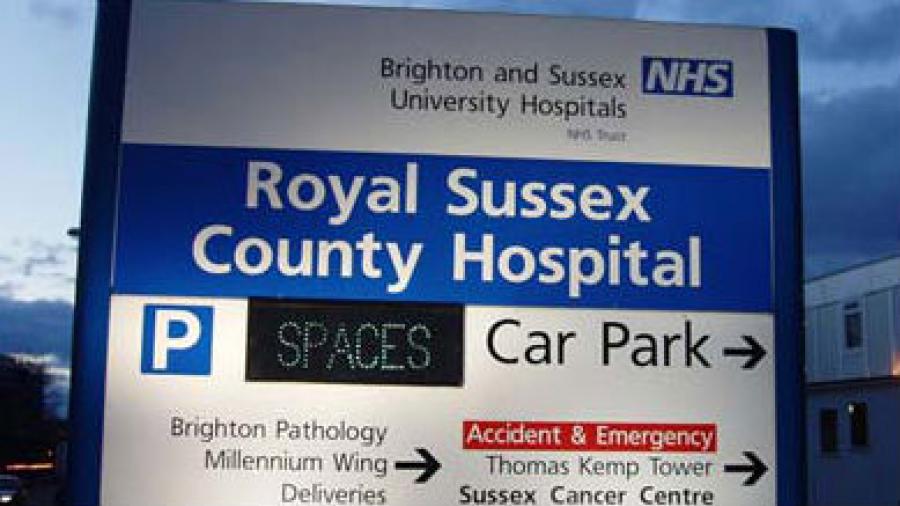When it was launched by the then minister of health, Aneurin Bevan, on July 5 1948, the NHS was based on three core principles:
- that it meet the needs of everyone
- that it be free at the point of delivery
- that it be based on clinical need, not ability to pay
Sadly, under successive governments, these principles have been gradually eroded. Prescriptions, eye tests and dental care are no longer free. Health costs are rising yet there’s no plan to increase health spending to keep up with demand – in fact the Conservatives and Labour agreed in 2009 to cut the NHS’s budget by £20 billion between 2011 and 2015.
On top of that we got the Coalition’s Health and Social Care Act 2012, severely undermining the very essence of one of the UK’s best loved public services by giving the green light to cherry picking by private providers and to ever more rampant commercialisation.
But now leading public health experts have published a draft of a Bill that would undo the damage done to the NHS by privatisation, not just under the 2012 Act but also by previous market reforms.
It’s called the NHS Reinstatement Bill and you can find out more, as well as have your say, here.
The Bill’s main aims are to restore local democratic control, abolish competition and the purchaser-provider split, re-establish public bodies and public accountability, and restrict the role of commercial companies.
Crucially it also reinstates the Government’s legal duty to provide the NHS in England, reversing one of the most fundamental failings of the Health and Social Care Act 2012.
I am backing this Bill and hope you will too. I am also campaigning hard to ensure that the NHS is properly funded into the future through our tax system.
Today the NHS faces another threat – the Transatlantic Trade and Investment Partnership, otherwise known as TTIP.
This benign sounding agreement between the US and the EU would give large multinational companies the right to sue governments for anything they see as getting in the way of free trade, such as environmental standards or pay conditions.
TTIP could also further extend the privatisation of public services like the NHS.
I’ve been campaigning against all aspects of TTIP for some time and am pleased that there’s growing awareness of its potential impact, especially on our health service.
There have been calls to exclude the NHS from TTIP but last week the Trade Minister Lord Livingston confirmed this would not be happening.
My own view is we need to scrap TTIP in full – to protect the NHS and also to stop the interests of big transnational companies being put above the rights of people.
If you agree, please join the campaign here.




Join The Discussion